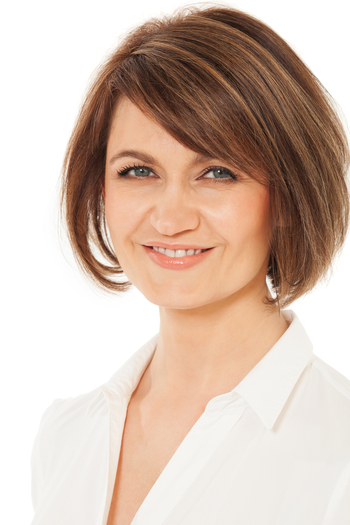A falsetto is a method of singing usually used by male singers as it enables you to sing higher notes than your normal range would allow.
Some confuse their falsetto and head voice but, unlike your head voice, a falsetto is more breathy.
How To Develop Your Falsetto
There are a few ways to develop your falsetto. As always, your first priority should always be to keep your voice healthy, so the most important thing to remember is that you should not continue with any exercise if it creates an uncomfortable sensation or if it hurts.
Finding Your Falsetto
First things first, let's look at ways to find your falsetto. Then we can move on to ways to develop it.
A voice teacher working with students who want to might ask them to speak in a "little boy" voice. Think toddler, about three or four years old. This voice would naturally be in a higher register than you usually speak or sing.
If the idea of talking like a little boy does not work, try imitating a breathy Marilyn Monroe. This should help you get that air and breathiness right. This air or breath in your voice is what sets your head voice and your falsetto apart.
Because there is so much air involved in a falsetto you won't be able to sing loudly right away. Don't force anything. Falsetto is naturally softer than your normal voice.
What is important to keep in mind is that a falsetto is breathy. You should feel vibrations internally. If you simply go into a higher register you will probably be using your head voice.
Developing Your Falsetto
Now that you have found your falsetto you can start developing it.
First, it is good to note that you should try to stick to "e" and "o" vowels on the journey of developing your falsetto. These vowels naturally let your vocal folds go, and that is exactly what you would want to accomplish.
The sound made with a falsetto is created when your vocal cords do not fully come together. This also means that you should not feel the sound in your body.
Think about what you feel in your body when singing lower tones, this ‘fullness' should be avoided. Think airy and light.
Your falsetto should, however, be felt in your sinuses and the sound should feel like it is going out the top of your head. To help with this try to imagine a piece of string pulling the sound out the top of your head.
If you have taken a lesson or two you might have heard the phrase ‘open your head'. To reach those higher notes it is best to keep your mouth and lungs, open and relaxed.
Lowering Your Larynx
Your larynx moves up and down when you swallow, so you can also try to lower your larynx to open up.
Stand in front of a mirror and look at your Adam's apple while swallowing. See that movement?
Now try to keep it down when you are singing. This might not happen on your first try, but keep going...it is possible.
Stay Relaxed
I can not stress how important it is to relax. Ultimately singing should be fun, but if you tense up, so does your breathing.
Don't hold back or concentrate too hard on the sound you are making either. Just let it out and feel it.
While you are working to develop your falsetto you might notice that the sound you produce is not as strong or as loud as you are used to. But don't worry...this is normal.
Developing Your Falsetto Take Time
As you start getting used to the sound of your falsetto it will also start to sound more natural to you, and eventually you will come to feel more comfortable with it.
Always remember, to keep the health of your voice in mind when training, so never push too hard or too far.
Knowing where your boundaries are is also a major strength to have, and there's no point in damaging your vocal chords. When you are working to develop your falsetto, try to stretch your boundaries but, ultimately, remember that it will take some time - so be patient with yourself.

About the Author: Julie Adams
I am a mom, a music lover and teacher from Tampa, FL. After completing a Bachelor of Music in Performance Arts, I traveled for several years before returning home where I started offering private piano and singing lessons as extra income. I met my husband in 2009 and 2 years later moved to Dallas where we settled down and I started focusing on vocal training to aspiring singers and performance artists of all age groups. I still enjoy playing the piano very much, and in my spare time you will catch doing some horse riding, drawing, doing some light reading, or just spending quality time with my family.
